Profile: Theresa Wilkes
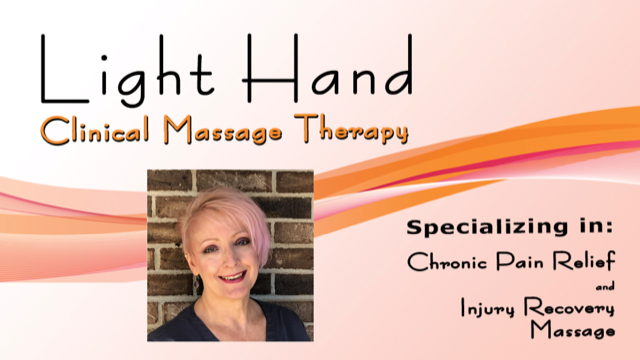
“I have seen people regain their health thousands of times, without aggressive manual techniques,” says Theresa Wilkes, now in her 33rd year of practice. “What I'm really good at is the work, having developed my ability to communicate with the muscles, to hear what the muscles need. Now, as I move into my later career, I’m going back to teaching.”
Educated herself in North Carolina, Theresa’s impressive career experience includes school accreditation and teaching in independent massage schools, as well as maintaining private practice and managing a group of massage therapists in Greenville, SC, her current location.
Like so many of us, the pandemic forced a change of direction for Theresa. “I’d had this great big practice that got shut down because we had a number of people who couldn't come back to work because of health concerns. I’d been that therapist who said, ‘I'm gonna have a healing center,’ and I did, for a year and a half. Then Covid shut it down. I grieved for a couple of days, and then I said, ‘Okay, this is an act of God, if you will. Where is it steering me now?’ So that's what really inspired me to get back to training.”
We discussed two more challenges for our profession that the pandemic only exacerbated, a shortage of massage therapists and the limitations of online learning. Both as a manager of massage therapists and a continuing education (CE) provider, Theresa admits frustration with the continuing education requirement for South Carolina massage therapists, which is only 12 hours and can all be completed online. Her motivation to create and teach CE courses was based in part on her observation that “therapists haven't had the experience of teachers who share at that (my) level. …And the drive, that desire to grow as a therapist doesn't seem to be out there to the degree it once was. There's a group of us here in South Carolina, in the Greenville area, that have the same goal to reignite the joy in learning new skills by having a great group of educators to work with therapists.”
She shares, “I worked with some teachers who have inspired me for my whole lifetime, such as Hugh Milne, who wrote The Heart of Listening and taught what he called it Visionary Craniosacral Therapy. Therapists aren't wanting to take anything more than a two-day class now, but I want it to be an experience for them. I want them to feel excited again. I do get that kind of response from students, and it's the best thing I could hear.”
Fortunately for many NC therapists, Theresa has been coming here to teach Craniosacral Therapy since 2018, working within Massage Envy’s (ME) CE program. She will teach Part I to interested ME therapists in May, held in Raleigh, and Part II in August, held in Wilmington. Each course runs two days.
“One of the things I promise when I teach Craniosacral is that every single person in that classroom will be able to feel the cranial rhythm and the cranial flow by noon the first day. And (when) they feel it… they just light up. I love teaching up there (in NC). …All massage therapists have this passion to reach deeper. You know they want something deeper, and when you make it accessible to them, they get excited. Why are we doing anything less?
“So even with my Deep Tissue classes I do this. Gentle Deep Tissue – I call it ‘Muscle Melting.’ I'll have students say that they’re used to working deep and hard. And I say, ‘Yeah, but you're a palpation professional, and this is in your wheelhouse, and so just be here with me for a minute.’ And when you see them feel the muscle ‘sigh’ and let go, their eyes get big, a big grin comes on their face and they say, ‘I felt that, I felt that!’ Well, of course!” In Theresa's comment on my subscribers' only post regarding the IT band and psoas muscle (Dec 31, 2023), she mentions her Muscle Melting approach.
By “light hand,” Theresa does not mean superficial. On the contrary, she excels at working deeply in the body with a conscious touch, allowing the tissue time to respond and help guide her hands. She explains, “You can feel the muscle really drawing you into deeper layers. But you feel that because you're moving slowly, and you're listening to the muscle,” similar to the presence needed when listening to the craniosacral rhythm.
Theresa brings this presence to her innovative lymphatic and energetic course offerings as well, having recently written new courses which she teaches in both NC and SC, independently of ME CE programming. “I’ve had a lot of students who have taken really well-known lymph training, and they say mine takes it to the next level. And I'm pleased to hear that,” she shares. “When I first came to Greenville I said, ‘Well, here I'm going to be clinical; it’s not as 'progressive' as Asheville (NC). But now I have more and more people asking about energy work.”
We spoke about massage education over the years. Theresa shares, “I started educating in the late ‘90s when they were beginning to do licensure, which brought in this whole discussion with community colleges. I was in a number of state (massage therapy) board meetings (in NC). Community colleges at first didn't feel like they needed to be overseen by any kind of national standard, because they had their own oversight, and they didn't feel like they needed to be part of any other legislation. It was very interesting to see that all go down. And that's when you had this boom in community colleges doing… 500-hour (massage) programs in six months. Here in Greenville, they recently closed the community college massage program. And I think that's a trend across the United States. So we really are at an inflection point. Where do we go from here?
“We're losing people from the field. And we're losing schools. … I do think that the future of the profession is in more quality continuing education for the therapists out there in the field now.
“Anytime I get bored or start to get burned out, it's time for me to go take a class. It's time for me to learn something new and have something more to offer, and stimulate my brain and expand my skill set. My prayer is that more massage therapists look into that, because that's why I'm here 33 years later,” she concludes.
Theresa is kindred spirit I first became acquainted with in 2018, and I know firsthand that she is a remarkably uplifting colleague. Her courses and services are detailed on her website.
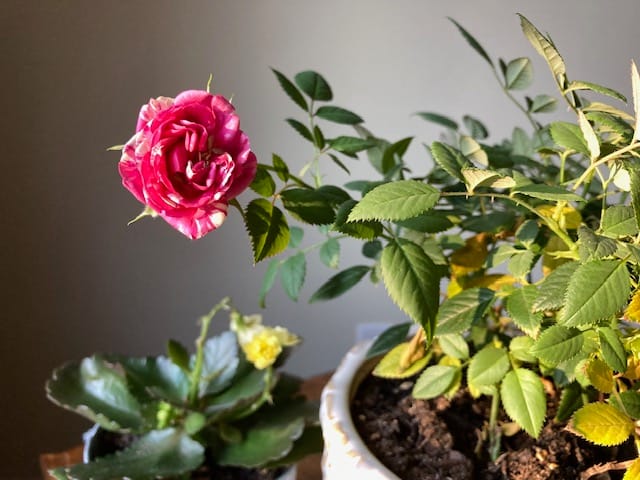
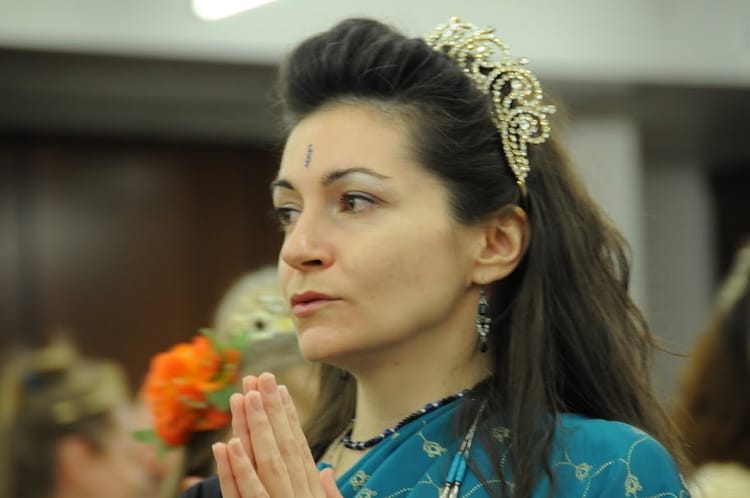

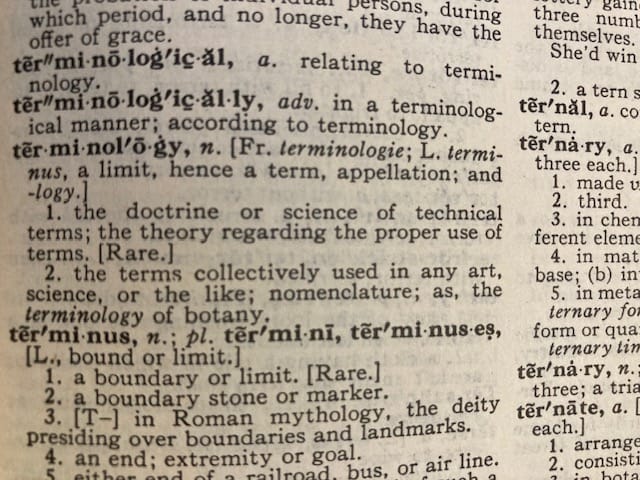
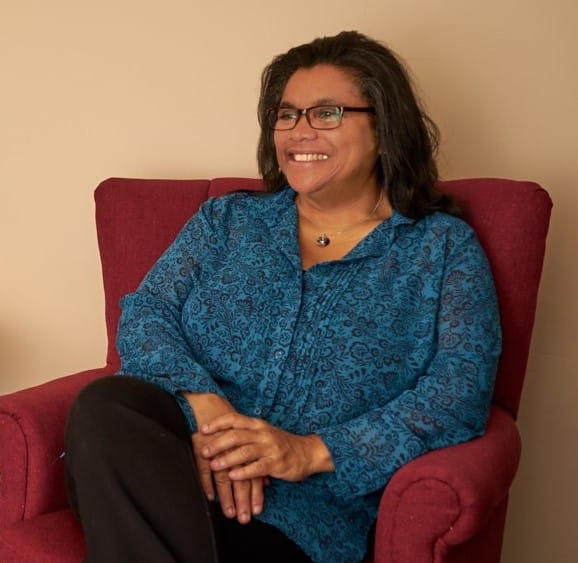
Member discussion